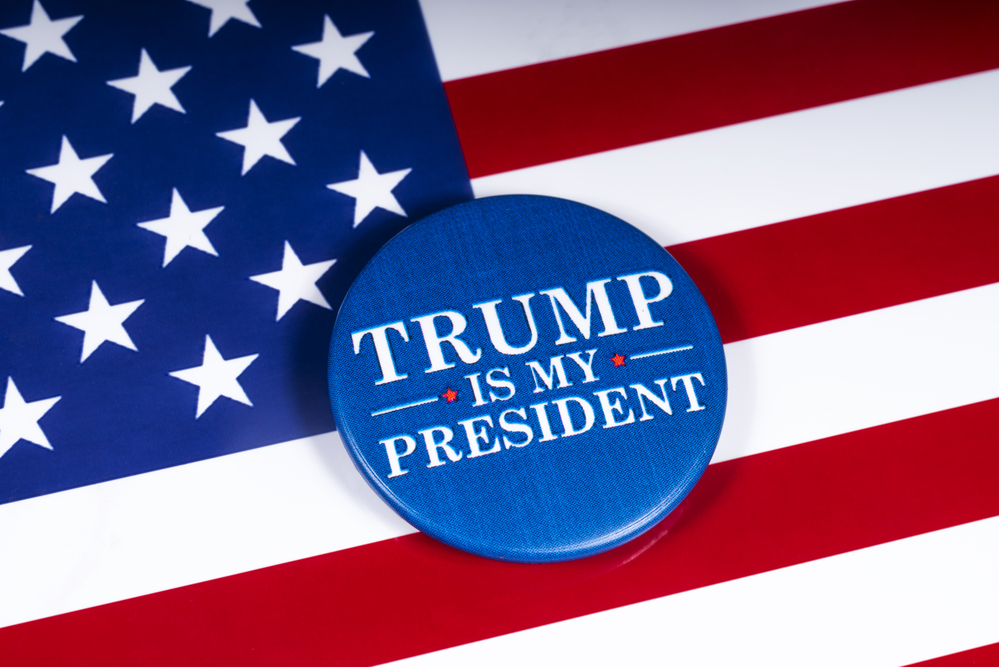Among the many explanations or interpretations of the roaring buzz that followed the death of the Queen of England and the proclamation of the new king, I note three plausible ones, from the most comforting to the most concerning—in a classical-liberal or libertarian perspective.
The first, optimistic, interpretation is that people (by which I mean “most people”) like a hands-off distant sovereign as opposed to an omnipresent harasser. They would rather see the photograph of a constitutional, i.e. limited, monarch in government offices than a meddling and divisive fifty-percent-plus-one president. The queen has arguably never done anything against one of her subjects, contrary to Trump or Biden. In a fertile imagination, the queen might evoke Anthony de Jasay’s “capitalist state,” which reigns but does not govern, that is, does not impose costs on some subjects for the benefit of others, and whose only role is to prevent the establishment of a state that would govern.
This overly optimistic view is attenuated by the fact that the queen did allow the decline of English liberty (although she could probably not have prevented it). As a symbolic representation, compare the 96 cannonballs that mourned her passing with the interdiction for any subject who is not in her majesty’s service to have a revolver in his nightstand drawer. Moreover, by any account, the start of the decline of English liberty preceded Elizabeth II’s reign anyway.
A second interpretation is that people simply like ceremonial rites, decorum, and tradition, which is very different from what they get under egalitarian and totalitarian democracy, a sausage factory of discriminatory laws that take sides for some subjects and against others, and change every few years under the cheers of a passing numerical majority and the shouts of an exploited minority. Passing through checkpoints is not a ride in a carriage drawn by white horses. A ceremonial king or queen makes the subjects feel above all that.
As de Jasay notes, however, a state that looks innocuous may just serve to “disarm mistrust.” In this perspective, the main benefit of the good queen may be a fairy tale for her subjects to dream about. They love royalty like they are fans of celebrities. The propaganda power of the state should not be ignored. Instead of a queen or a king, the French have the timeless Marianne, an attractive woman who represents the republic (see image below). How can that be dangerous?
The third and most pessimistic interpretation of the buzz around Elizabeth II and Charles III, is that people may long for a glamorous and powerful sovereign to obey. James Buchanan was caught wondering if individuals really want equal liberty as classical liberals have assumed for a few centuries. The British cry “long live the King” could be analogous to the proud “Trump is my president” or possibly “Biden is my president” of Americans.
The actual mix of these explanations across the different individuals may determine how far we are down “the road to serfdom.”



READER COMMENTS
Craig
Sep 11 2022 at 12:14pm
Listed to two different youtubers, o e was Mises, the other Peter Schiff in response to the Darth Brandon speech where they quipped that the American revolutionaries terated far less from a monarch than we do democratically elected government.
At this juncture though I’d suggest the British monarchy is vestigial.
Matthias
Sep 11 2022 at 9:09pm
Yes, the secession of the north American was rather hypocritical and not even supported by a majority of the people there.
(Just look at Canada for the counterfactual of what staying under the supposed tyranny would have done: practically the same outcome as in the US. Only that the British Empire abolished slavery a few decades before the US and without a civil war.)
However, I don’t think it makes sense to blame the so called founding fathers for the democratic governments of the US today.
Pierre Lemieux
Sep 11 2022 at 10:59pm
Matthias: It seems to me that Canadians are farther down the “road to serfdom” than Americans. Of course, it is not easy to measure because many dimensions are involved and individual preferences differ. If pot is your life, Canada is better; if you believe in self-defense, you don’t to be there. So let me try a prediction (which is not a proof): when tyranny comes, Canadians will generally descend into it smiling; Americans will generally descend into it damn angry.
MarkW
Sep 12 2022 at 8:17am
Just look at Canada for the counterfactual of what staying under the supposed tyranny would have done: practically the same outcome as in the US. Only that the British Empire abolished slavery a few decades before the US and without a civil war.
But the Canadian example played out in the context of an independent U.S. How would it have been different otherwise? Would Britain have given up its American colonies if they consisted of the entire eastern U.S. as well as the Canadian provinces? And would Britain have abolished slavery when it did if the lucrative slave-owning, cotton-growing U.S. states (supplying British textile mills) were still British possessions? Of course, nobody can say. But the fact that Britain remained neutral during the U.S. civil war (so as not to interrupt the supply of cotton) while its aristocracy flirted with supporting the Confederacy, is not comforting. And, of course, a number of northern U.S. states abolished slavery decades before the British Empire did.
Pierre Lemieux
Sep 11 2022 at 2:42pm
Craig: I agree with your last sentence and did not mean to say the contrary. But do we know exactly what is the power of the King in case of a constitutional crisis? I also agree with your first paragraph; I think many analysts have made the same point.
J
Sep 11 2022 at 6:20pm
“But do we know exactly what is the power of the King in case of a constitutional crisis”
Yes this question was settled even before America declared independence the King reigns at the pleasure of parliament and the extent of his powers are defined by parliament.
https://en.wikipedia.org/wiki/Glorious_Revolution
Pierre Lemieux
Sep 12 2022 at 8:41pm
J: You may very well be right and I may have been imprudent on that point. Hayek argues indeed that parliamentary sovereignty had already been established in Britain before the American Revolution and that this was a reason for the latter. He explains that in a free society, nobody is sovereign, that is, has unlimited power.
Matthias
Sep 11 2022 at 9:12pm
This is especially hard to answer, because whatever the formals powers ostensibly are, in practice they are quite nebulous and haven’t been tested in ages. So much will come down to the prestige and charisma of the individuals involved.
Comments are closed.